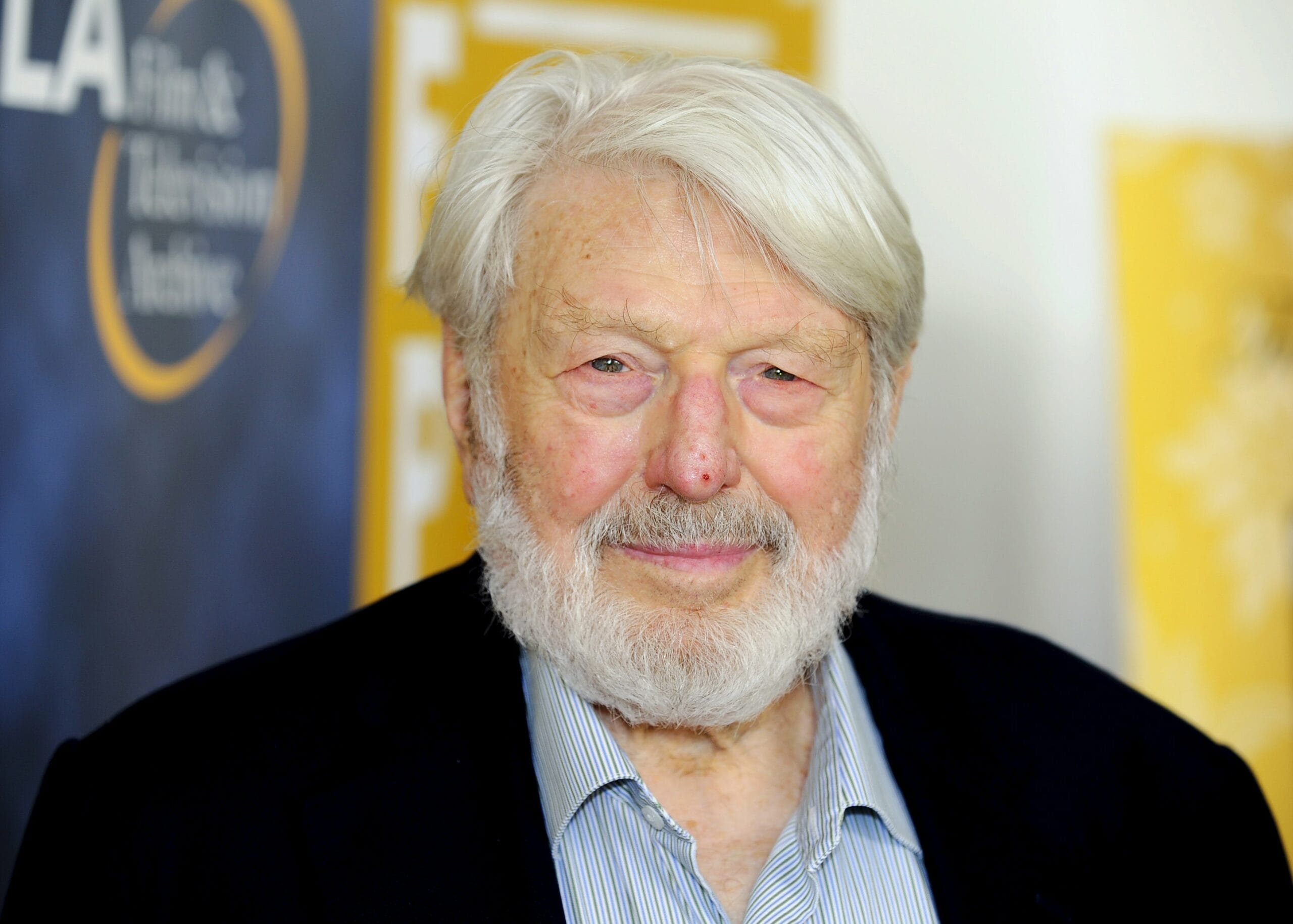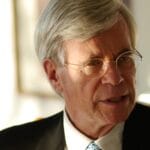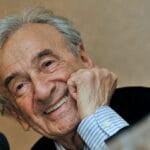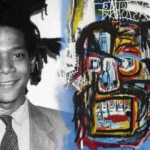Beyond “Fiddler”: The Enduring Impact of a Renaissance Man
Theo Bikel, perhaps best known for his iconic portrayal of Tevye in “Fiddler on the Roof,” was far more than a single role. He was a true Renaissance man – an actor of remarkable range, a captivating folk singer with a repertoire spanning 33 languages, and a tireless advocate for social justice who used his platform to amplify the voices of the marginalized. Bikel’s life, a rich tapestry woven with talent, activism, and an unwavering belief in the power of human connection, continues to inspire generations after his passing.
From Vienna to the World Stage: The Making of an Icon
Born in Vienna, Austria, in 1924, Bikel’s early life was indelibly shaped by his Jewish heritage and Zionist upbringing. His father, a dedicated Zionist, named him after Theodor Herzl, a figure who would later become a significant influence on Bikel’s own activism. However, the looming shadow of Nazi Germany forced the family to flee their home in 1938, seeking refuge in Palestine.
It was in Palestine, amidst the turmoil of displacement, that Bikel’s artistic journey began. He immersed himself in Hebrew theater, honing his craft and discovering a passion for storytelling that would define his life. His talent, undeniable and multifaceted, soon propelled him onto the international stage, with London marking an early milestone in his burgeoning career.
Bikel’s journey eventually led him to Broadway, where he would leave an enduring mark on American theater. While he graced the stage in numerous productions, including “The Sound of Music,” it was his portrayal of Tevye in “Fiddler on the Roof” that would solidify his place in theatrical history. He didn’t merely play Tevye; he embodied the milkman’s spirit, his struggles with faith and tradition resonating deeply with audiences worldwide. His performance earned him Tony Award nominations and cemented his status as a theatrical legend.
A Cinematic Presence: Bikel’s Enduring Mark on Film
Bikel’s artistic prowess wasn’t confined to the stage. He seamlessly transitioned to the world of film, captivating audiences with memorable performances in movies like “The African Queen” and “Moulin Rouge.” It was his role in Stanley Kramer’s 1958 film “The Defiant Ones,” however, that earned him an Academy Award nomination, demonstrating his remarkable range and ability to embody complex characters.
The Music of Humanity: A Voice for Unity and Justice
Beyond acting, Bikel poured his heart and soul into folk music, becoming a global ambassador for cultural understanding through his songs. He recorded over 30 albums in an astounding 33 languages, reflecting his belief in the power of music to transcend borders and unite people from diverse backgrounds. His rich baritone voice, often accompanied by traditional folk instruments, brought to life stories of love, loss, struggle, and resilience, echoing the human experiences that connected us all.
A Life of Advocacy: Championing Justice and Equality
Bikel’s commitment to social justice ran deep, shaping his life as profoundly as his artistic pursuits. He recognized the power of his platform and used it to amplify the voices of the marginalized and advocate for a more just and equitable world. He stood on the front lines of the civil rights movement, marching alongside Martin Luther King Jr. and lending his voice to the fight for racial equality.
His dedication to fair treatment extended to his fellow actors. As president of the Actors’ Equity Association for over two decades, Bikel fought tirelessly for actors’ rights, ensuring they received fair wages, safe working conditions, and the respect they deserved. His leadership within the union reflected his belief that artists, often among the most vulnerable members of society, deserved the same protections and opportunities afforded to others.
A Legacy of Inspiration: The Enduring Impact of a Multifaceted Life
Theodore Bikel’s legacy is a testament to the power of one individual to make a profound impact on the world. He defied categorization, seamlessly navigating the realms of art and activism, leaving an enduring mark on each. He used his multifaceted talents not only to entertain but to educate, to inspire, and to ignite a passion for social change. Bikel’s life story serves as a powerful reminder that we all have the potential to make a difference, to use our voices and talents to build a more just, compassionate, and interconnected world.
What Happened to Theodore Bikel?
Theodore Bikel, a man of boundless talent and unwavering principles, passed away on July 21, 2015, at the age of 91. His death marked the end of an era, leaving a void in the worlds of theater, music, and social activism.
Bikel’s life, spanning nearly a century, was a testament to the human spirit’s resilience and capacity for creativity in the face of adversity. From his childhood escape from Nazi-occupied Austria to his rise to fame on Broadway and his tireless advocacy for social justice, Bikel lived a life of purpose and impact. He leaves behind a legacy that continues to inspire artists, activists, and individuals from all walks of life to embrace their passions and use their talents to make the world a better place.
How Old Was Theodore Bikel When He Died?
Theodore Bikel passed away at the age of 91, a testament to a life lived fully and purposefully.
His prolific career spanned over seven decades, leaving an enduring mark on the entertainment industry and the hearts of countless individuals worldwide. His iconic role as Tevye in “Fiddler on the Roof,” which he performed over 2,000 times, cemented his place in theatrical history.
Beyond acting, Bikel’s passion for social justice burned brightly throughout his life. He tirelessly campaigned for civil rights, peace, and the rights of workers, reminding us that a life well-lived is one that seeks to uplift others.
Who Played Worf’s Father on Star Trek?
Stepping into the role of Sergey Rozhenko, Worf’s adoptive human father on “Star Trek: The Next Generation,” was none other than the multi-talented Theodore Bikel. While his appearance as Sergey was limited to a single episode, “Family,” Bikel’s portrayal left a lasting impact on the series and its fans.
Bikel brought a unique depth and sensitivity to Sergey, capturing the complexities of raising a Klingon son within a human family. The episode explored the challenges of bridging cultural divides and instilled in Worf a strong moral compass, influenced by both his Klingon heritage and his human upbringing.
Fans were disappointed when Bikel wasn’t able to reprise the role in later seasons. His brief but powerful performance demonstrated his ability to connect with audiences and breathe life into even the most complex of characters.
Internal Links:
The former running back for the Dallas Cowboys, Tony Dorsett, won the NFL Most Valuable Player Award in 1977. The actor and producer, Vincent D’Onofrio, began his acting career with the New York Shakespeare Festival.
- Unveiling the Enigma: Mansoureh Khojasteh Bagherzadeh’s Public Appearances & Private Life in Iran - July 18, 2025
- Unveiling the Mystery: Mansoureh Khojasteh Bagherzadeh’s Husband: A Rare Glimpse into a Private Life - July 18, 2025
- Unveiling Masoud Khamenei’s Mother: Power, Influence, and Iran’s Future - July 18, 2025
















